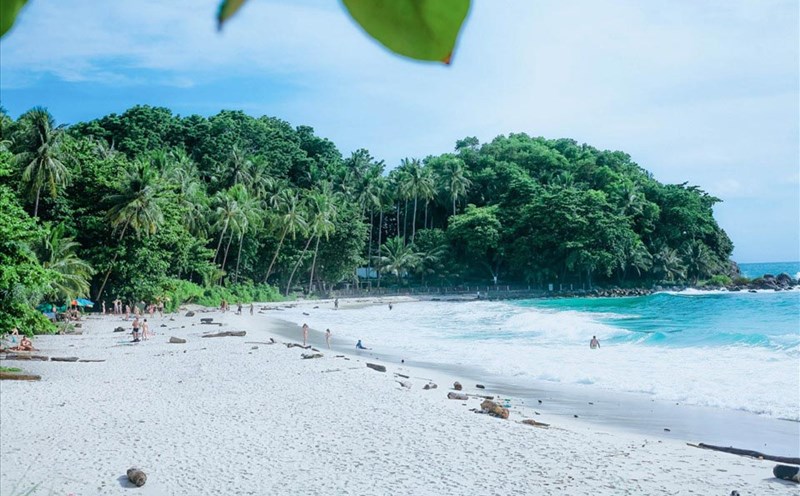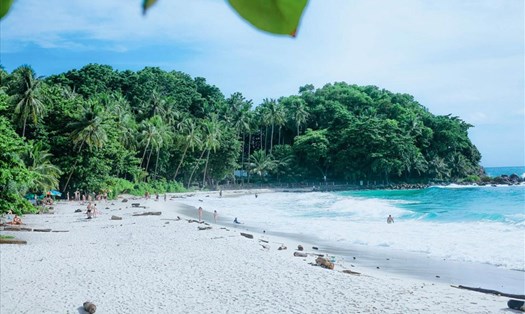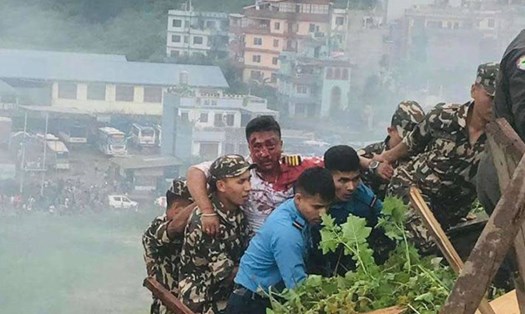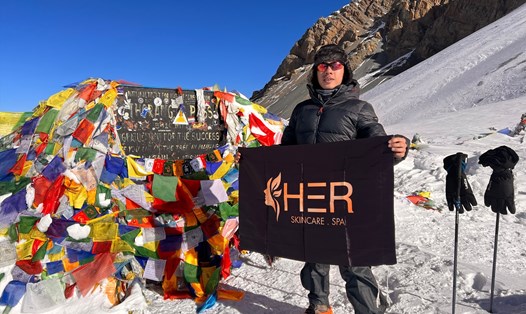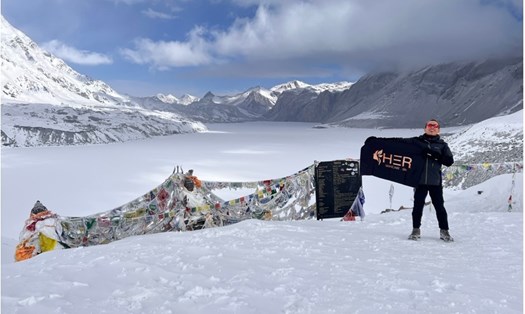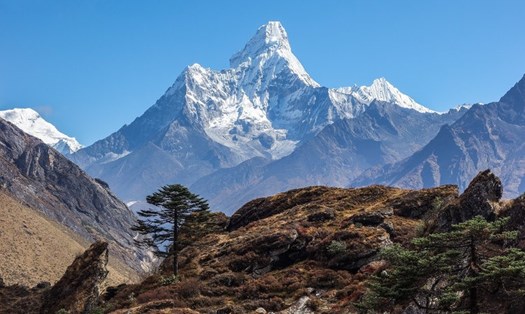The protests that broke out in Nepal on September 8 stemmed from dissatisfaction over a number of issues, including the controversial ban on 26 social networks among Gen Z young people and growing concerns about widespread corruption in the country's government.
According to information from the Nepatal Ministry of Health, as of September 11, 30 people have died and 1,033 people were injured.
As of September 11, Nepal was still in a state of increased tensions, with widespread protests significantly affecting tourism and security.

In that situation, some Asian countries, Europe and the US have advised citizens to postpone travel to Nepal at this time.
The Singaporean Ministry of Foreign Affairs has advised citizens to postpone their trips to Nepal if not necessary.
Australia has also warned citizens: "The situation could get worse if there is no recommendation. Nepalese authorities are implementing border laws in Kathmandu and many other major cities. remains on site, vigil, comply with orders and follow the instructions of local authorities".
The governments of Canada, the US and India also have similar recommendations to protect citizens. The recommendation includes avoiding crowds at hot spots of riots, always keeping in touch with the Embassy, and monitoring the situation through reliable sources such as the press and local authorities.
The UK Foreign Ministry recommends that their citizens should contact airlines, hotels, and travel agencies for updated information before traveling. The ban on social networks has been lifted but there is still a possibility that these services will still be interrupted.
Meanwhile, the French government has urged people to be highly vigilant and postponed plans to go to Nepal until the situation improved.
Large-scale protests have occurred since September 8 in the capital Kathmandu. Tensions escalated as protests attacked security forces on September 8 turned one of the bloodiest days in Nepalese history with 20 deaths.
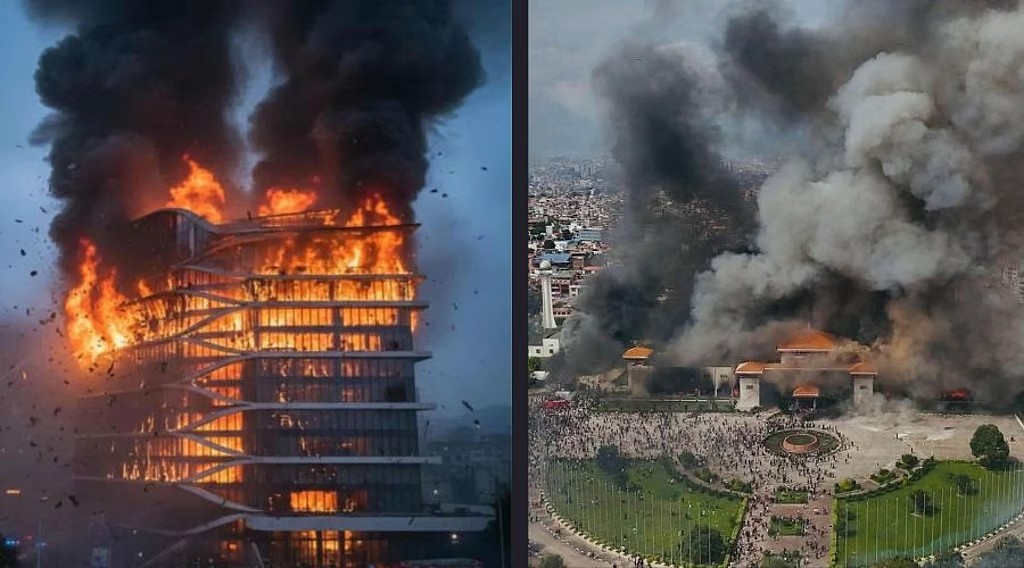
On September 9, Prime Minister K.P. Sharma Oli announced his resignation. The Hilton Hotel in Kathmandu was burned down in a wave of violent protests. The protests also targeted the parliament building, government offices and the headquarters of senior leaders.
Tribhuvan International Airport, Nepal's largest gateway, was temporarily closed for two days and reopened on the afternoon of September 10 (local time).
During the closure, international flights to and from here were canceled or diverted to India, causing hundreds of passengers to be stranded.
After Tribhuvan airport resumed operations, the Nepalese government still applied a curfew from 6pm on September 10 to 6am on September 11 (local time), significantly affecting the travel of international tourists.

